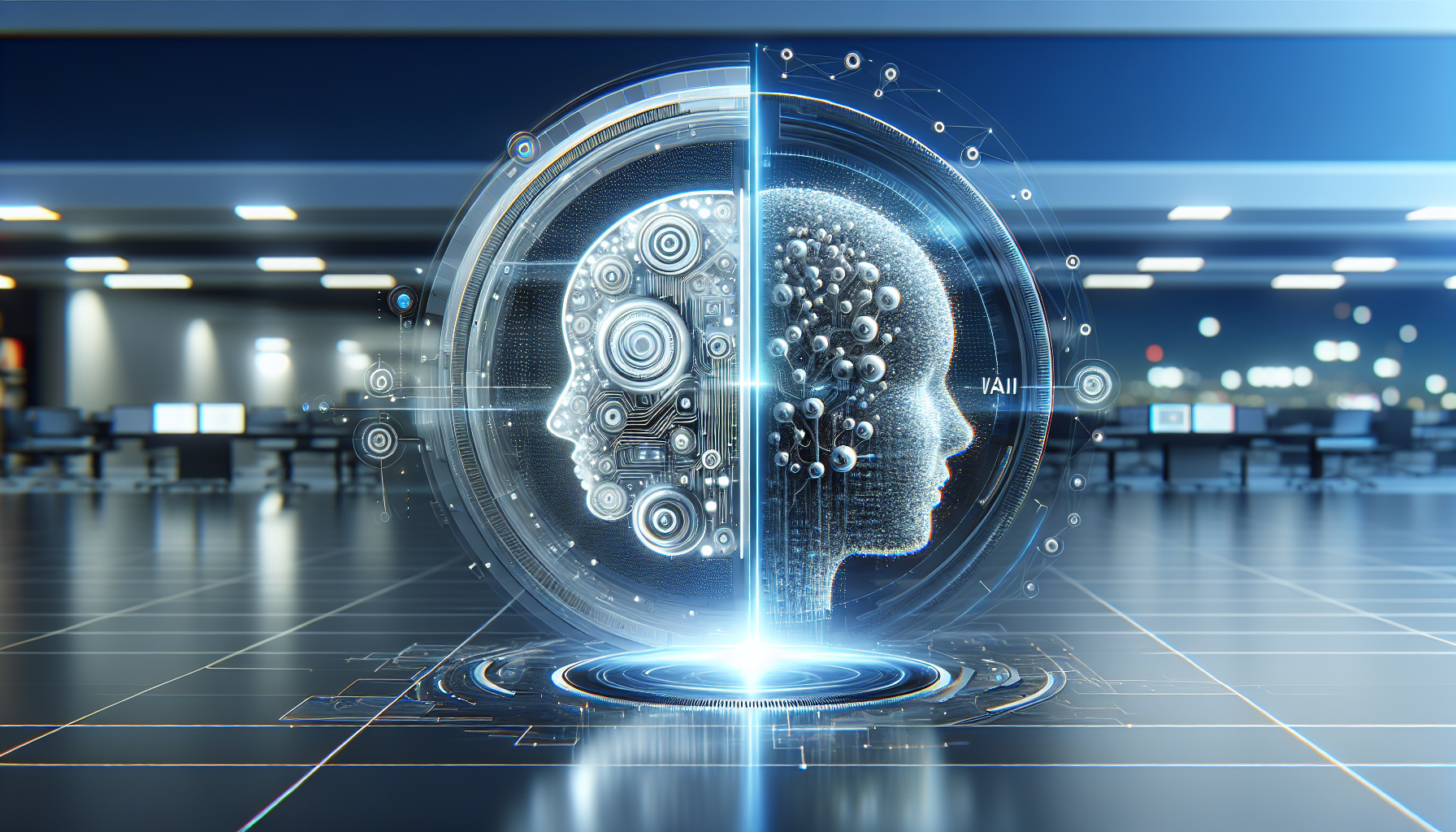
How AI is Transforming Healthcare: A Critical How-To Guide
July 27, 2025
Artificial intelligence is no longer a distant science fiction concept; it's here, and it's reshaping healthcare in both promising and ominous ways. While the allure of AI in medicine is undeniable, a discerning approach is necessary to navigate the complexities it introduces. This guide critically examines the transformative role of AI in healthcare and how we can responsibly harness its potential.
AI technologies, from machine learning algorithms to natural language processing, are touted as revolutionizing patient care. However, the integration of AI into healthcare systems is fraught with challenges, particularly concerning data privacy, algorithmic bias, and the dehumanization of patient care. Understanding these issues is crucial to leveraging AI effectively.
Firstly, the ability of AI to process vast amounts of data for early diagnosis cannot be overstated. Predictive analytics tools are already being used to anticipate disease outbreaks and individual health risks. Yet, this potential is marred by concerns over data privacy. Sensitive patient information must be protected, and current systems often lack robust safeguards. Healthcare providers must adopt stringent data management practices to ensure patient confidentiality isn't compromised.
Algorithmic bias remains another significant obstacle. AI systems learn from existing datasets, which can perpetuate and magnify existing biases. For instance, if an algorithm is trained predominantly on data from one demographic group, its predictions may not be as accurate for others, leading to disparities in healthcare outcomes. Developers must prioritize diversity in training datasets and continuously audit AI systems to mitigate these biases.
Despite these challenges, AI's ability to automate routine tasks offers tangible benefits. Administrative duties, such as scheduling and billing, can be streamlined, freeing up healthcare professionals to focus more on patient care. However, the risk of over-reliance on AI systems cannot be ignored. Human oversight remains essential to ensure that automation enhances rather than diminishes the quality of care.
AI's role in medical research is another area of potential transformation. Machine learning algorithms can analyze complex datasets far quicker than humans, identifying patterns and insights that can lead to new treatments and therapies. Nevertheless, the integrity of these findings depends on the transparency of AI systems. Black-box AI, where decision-making processes are opaque, poses a risk to scientific rigor. Researchers must advocate for AI systems that are interpretable and transparent to maintain trust and validity in medical discoveries.
Telemedicine, bolstered by AI, offers unprecedented access to healthcare services, especially for remote or underserved communities. Virtual assistants and chatbots can provide immediate support and guidance, reducing the burden on healthcare facilities. Yet, the impersonal nature of AI-driven interactions raises questions about the loss of empathy and the human touch in patient care. Balancing technological efficiency with compassion is essential to ensure patient satisfaction and trust.
Moreover, the financial implications of AI in healthcare cannot be overlooked. While AI promises cost savings through increased efficiency, the initial investment in AI systems can be prohibitively expensive for many healthcare providers. Policymakers and industry leaders must work together to develop models that make AI accessible and affordable while ensuring equitable distribution of its benefits.
Educating healthcare professionals about AI is another critical step. As AI tools become more prevalent, clinicians must understand how to integrate these technologies into their practice effectively. Training programs that combine technical skills with a deep understanding of AI's ethical implications will be vital to preparing the next generation of healthcare providers.
In conclusion, the transformative power of AI in healthcare is undeniable, but it is not without its pitfalls. As we navigate this brave new world, we must critically assess the impact of AI on patient care, privacy, and equity. The success of AI in healthcare hinges on our ability to address these challenges head-on, fostering a healthcare system that is not only more efficient but also more humane.
This journey raises a crucial question: as AI continues to evolve, how do we ensure that the technology serves humanity rather than the other way around? The answer lies in a collaborative approach, where stakeholders from diverse fields work together to shape a future where AI and human ingenuity coalesce for the betterment of all.


